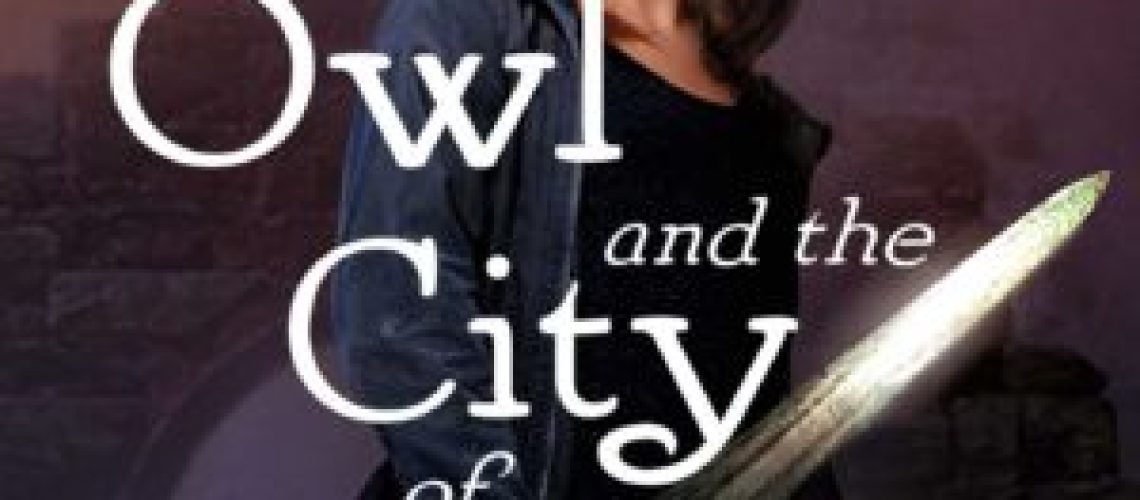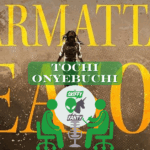When last we left Alix Hiboux, The Owl, her defrocked archaeologist turned international antiquities thieving career had been transmogrified into working for a casino-owning Japanese dragon. For someone really reluctant to deal with the secret supernaturals that live in the modern world, the Owl has sure been immersed into that world, much to her chagrin. Vampires chasing her, part of a Dragon’s team that includes a variety of supernaturals, and then there’s the fact that her online gaming buddy isn’t human, either. And now with necromantic artifacts in the Syrian City of the Dead threatening a full-fledged zombie outbreak, she’s going to get her fill of arcane artifacts and the supernatural beings that love them. If she doesn’t get killed or cursed, or worse, first. And then there is the mess of her personal life…

Owl and the City of Angels is the sequel to Owl and the Japanese Circus, by Kristi Charish.
As light and fun as the novel is, Owl and the City of Angels had, for me, an unexpected bit of sting with modern current events, as regarding the civil war in Syria. Seeing Alix and her friends and foes contemplating an expedition to an antiquity site, there, and the problems of same with the civil war brought to mind for me the recent destruction of archaeological and world heritage sites, especially in Palmyra. There is a perhaps unintended parallel in the destruction of ancient sites and heritage by mankind in our world that can be drawn to the plots and plans of agencies human and inhuman in Charish’s novel.
Aside from that sting, however, the novel both builds on and continues the tradition of Owl and the Japanese Circus. It’s a light, fun novel set in a UF world with supernatural beings living in the shadows and out of sight, but with some twists. Having an archaeological agency, the fictitious IAA, as an antagonist and part of the conspiracy to keep the knowledge of mummies, vampires and the like away from the public remains a unique and identifying trademark of the series. Seeing Alix navigate a city in the throes of revolution, or dodging the attacks of a Roman-Egyptian mummy sorcerer (one of the best things about the book) very upset at her intrusion into his tomb are uniformly page turning, entertaining, and well written. On a line by line bit, the chapter headings, where Alix sometimes snarkily tells the reader when and where she is, help set the tone chapter by chapter.
The novel, too, is not content to simply repeat the formula of the first book, either. It would have been relatively easy to put the Owl through her paces and follow the formula, in terms of a relationship map, of the first novel. Instead, the author forces Owl, quite pointedly, to confront her nature, her relationships, who and what she is. I was pleasantly surprised to see real growth and change, however painful, on Alix’s part throughout the book, combined with a reluctance for the author to press a reset button or not follow though on the consequences of her protagonist’s actions.
The novel does not stand alone; while the author deftly layers in reminders of Alix’s situation and history (and adds some fillips and details to her background and past in the bargain), the novel really doesn’t stand on its own all that well. Reading this volume presumes you have been invested in Alix’s life, from independent thief turned reluctant agent for Mr. Kurosawa, and the other changes to her personal and professional life.
This second volume in the Owl series expands Owl’s world, gives her and the characters around her solid character growth and development, and shows that the first novel is far from a one-off, giving the character and the concept depth, and legs. The Owl novels are not not world-changing fiction, but they are fast, friendly, and pleasurable reading, perfect for that hotel room on a long trip, or as a break from the slings and arrows of our modern life. I’d be up for reading the next one.
Readers further interested in Kristi Charish can find her My Superpower post here on the blog. Shaun and I also talked to Kristi for the podcast.







